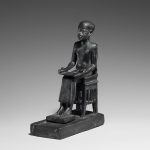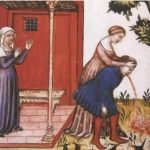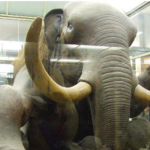The Christmas Gift That Changed American Literature

The Christmas Gift That Changed American Literature
In the winter of 1949, a young woman boarded a northbound train, leaving behind the quiet rhythms of a small Alabama town for the restless pulse of New York City. She carried no publisher’s contract, no promise of success—only a suitcase, a typewriter, and a fragile dream. Her name was Harper Lee.
Life in New York was far from glamorous. By day, she sat behind a desk as an airline reservation clerk, her hours consumed by schedules and passengers she would never meet. By night, in the dim light of her apartment, she tried to capture stories that flickered at the edges of her imagination. She scribbled short stories, fragments of dialogue, half-formed essays—always chasing, but never quite catching, the voice that she felt was inside her.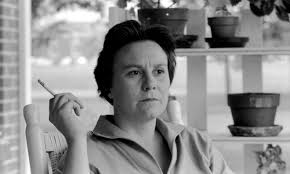
Years passed in this rhythm. By the end of 1956, she was still unknown, still waiting for a break that seemed as unlikely as lightning. Rent came due, bills piled up, and the pressure of practicality pressed against the fragile world of creativity.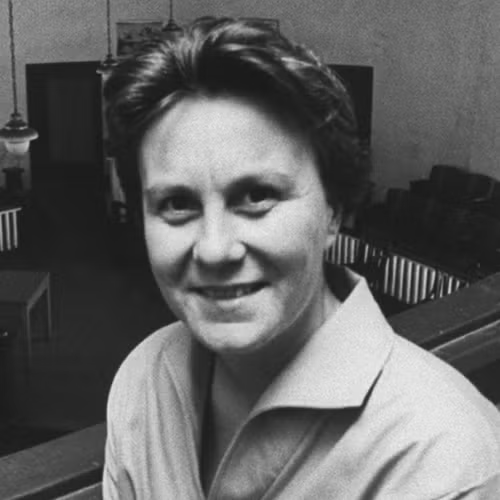
Then, one December morning, everything changed. Two of her closest friends, Michael and Joy Brown, placed a simple envelope in her hands. It was their Christmas gift to her. Inside was a note that read:
“You have one year off from your job to write whatever you please. Merry Christmas.”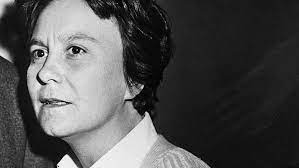
Alongside the note was a check for a year’s salary. It was not just money—it was belief, wrapped in paper and ink.
That belief gave Harper Lee something she had never truly had before: time. Time to wake each morning and write without fear that the gas would be shut off or the rent would go unpaid. Time to dive into memory, into childhood, into the injustices she had seen and the characters who had shaped her.
From those months of freedom came not just a manuscript, but a masterpiece. To Kill a Mockingbird, published in 1960, was a quiet storm of a book—one that explored childhood innocence against the backdrop of racial injustice, one that demanded courage in the face of prejudice.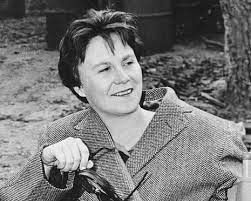
It won the Pulitzer Prize. It sold more than 30 million copies. It became a cornerstone of American literature.
But at its heart, it was also the story of two friends who chose to believe in an unknown writer before the rest of the world did.
Sometimes, history turns on battles or elections. Sometimes, it turns on something smaller: an act of faith, a Christmas gift, a single year of freedom.
And sometimes, that’s all it takes to change everything.





